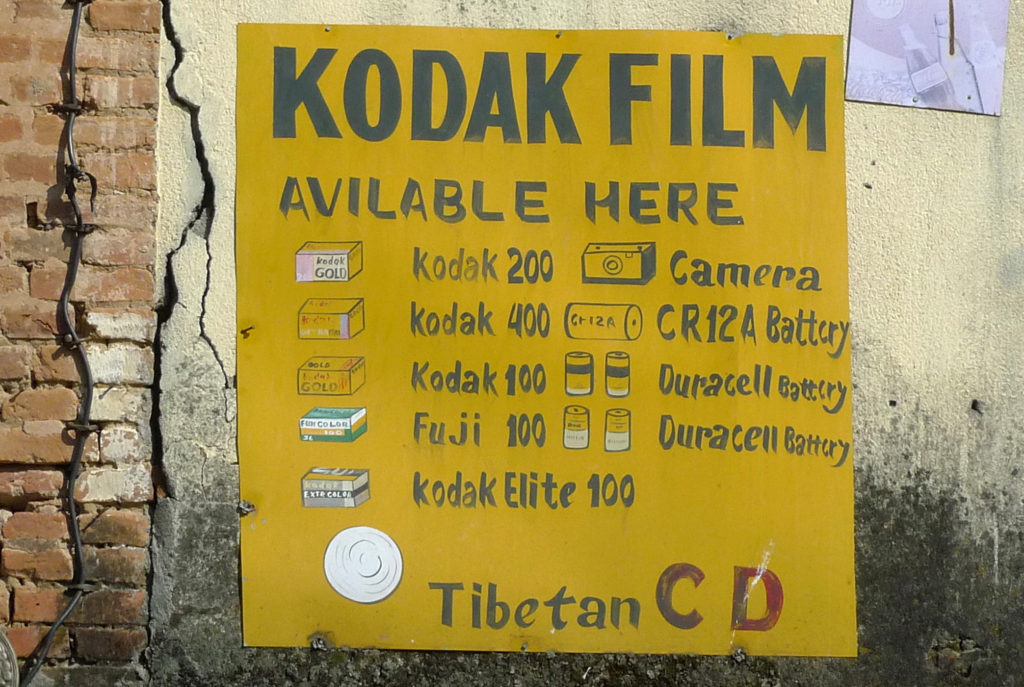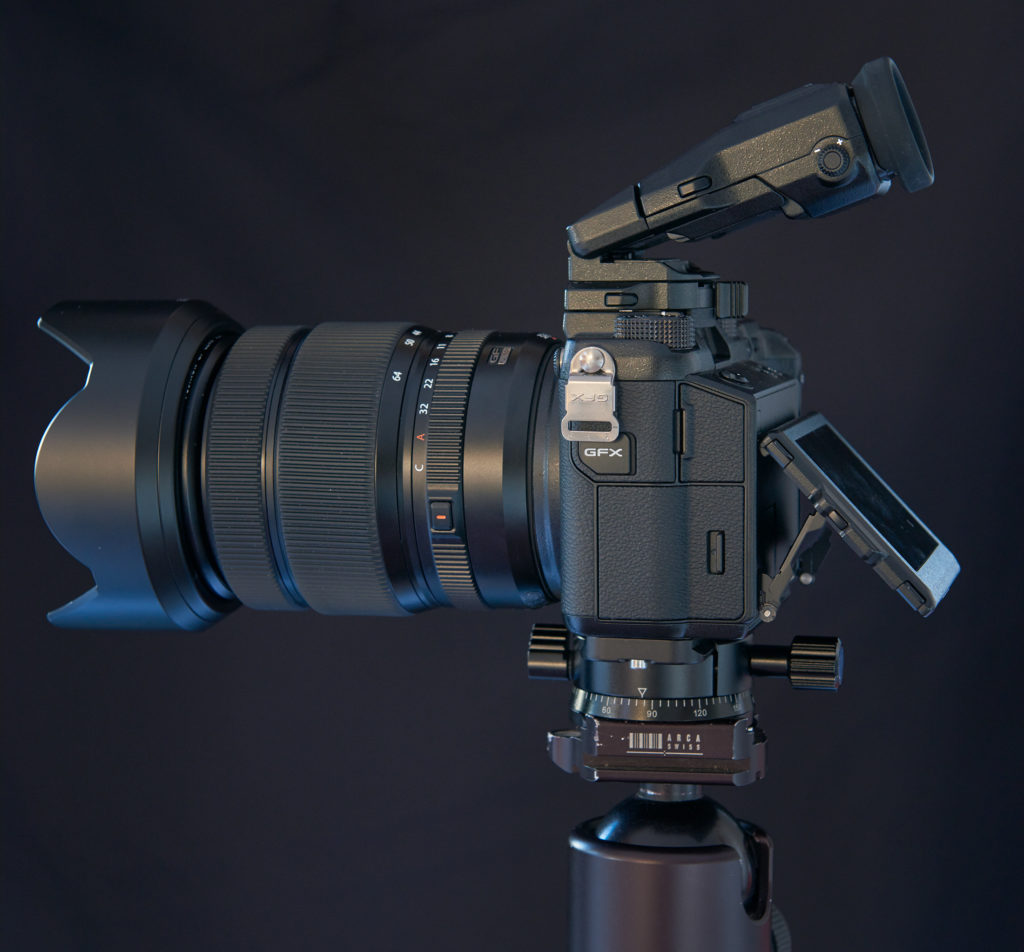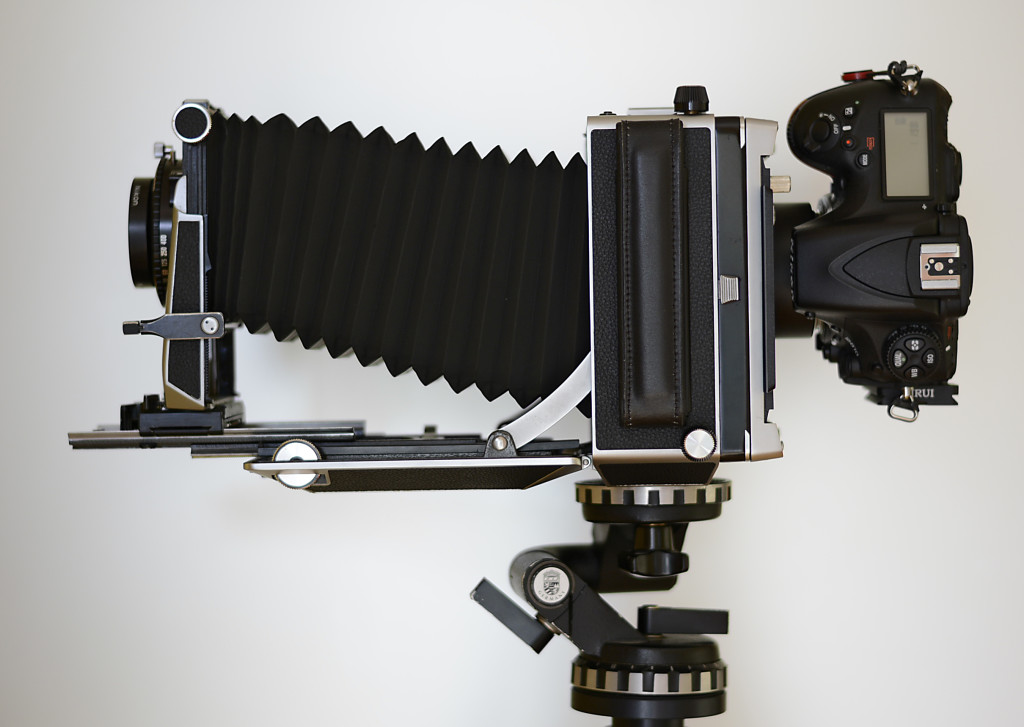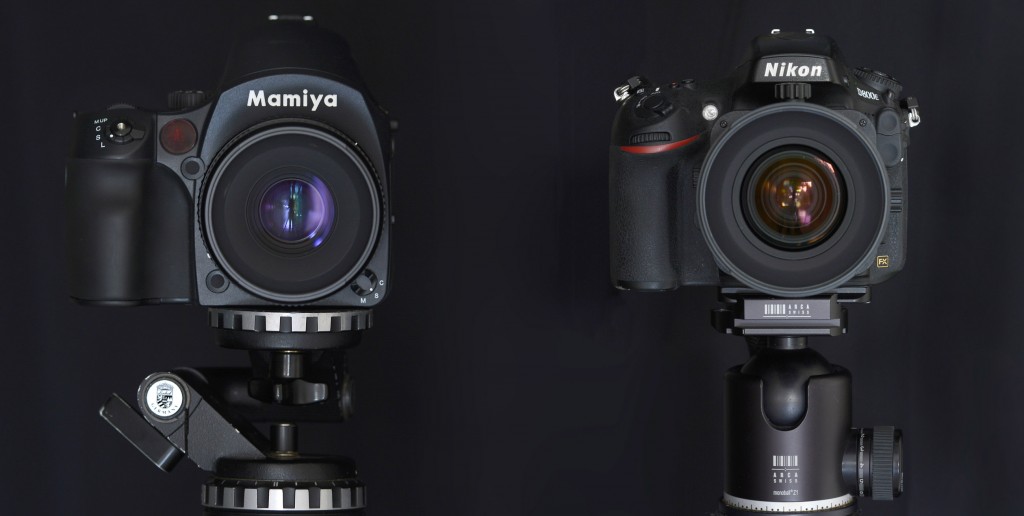Wy I Decided to Shoot Film Exclusively

I have recently abandoned digital photography and will sell all my digital cameras. Andreas Gurski shoots film and earns millions, so there must be convincing arguments.

I have recently abandoned digital photography and will sell all my digital cameras. Andreas Gurski shoots film and earns millions, so there must be convincing arguments.

Regular readers of this blog will know that I am lusting for larger formats. This is, of course, a matter of personal preference that results from my established shooting style and two Linhof view cameras waiting for a second life. In the film days the situation was easy; bigger was better. But in the digital world not everything scales with log2.
I could have created click bait by reviewing the hyped-up Hasselblad (X1D) and Fujifilm (GFX 50S) earlier, but wanted to wait until the initial bugs in the firmware are sorted out and Lightroom and/or CaptureOne support the RAW files. Now it’s about time to have a closer look because there is a new option: the 45 mega-pixel, Nikon D850 that is supposedly a leap further in almost all respects.
The question is if I would supplement my workhorse Nikon D810 with the D850 or replace it with a medium format system. There must be compelling reasons for a switch though; most importantly, an expanded shooting envelope in terms of handling and reliability (mainly high ISO capabilities and image stabilization), and image quality (resolution, dynamic range, and tonal separation).

I wouldn’t comment on product announcement unless the product is exceptionally interesting, or as the teaser said, a game changer. However, those words have been (ab)used before, in particular in the mirrorless* world, and have eventually left something to be desired.
For everyone who missed it: Hasselblad have announced a 50 MP medium format** (44×33 mm) mirrorless camera with a 2.36 MP electronic viewfinder (EVF). There also will be a new lens line with leaf shutters, for a large range of shutter speeds (60 minutes to 1/2000 seconds) and with full flash synchronization to boot. Rumors had it for Sony and Fuji for a while and I would not be surprised to see a similar offering by Pentax; possibly at Photokina in September (my flight is booked).
*They really should come up with a new name for those cameras, on the same footing that we are not driving horseless coaches.
**Well, not quite to medium-format film standards ranging from 60×45 to 60×90 and even 60×170 panoramic.

A number of comprehensive test reports have been published on the Nikon D800E. The image quality of this camera has triggered shootouts with medium format systems such as the Leica S, Hasselblad H4D, and the Mamiya/Leaf combo.
To me, these evaluations were not really conclusive, as they focus mainly on resolution and often propose pixel peeping on a low-gamut LCD screens. In discussion forums, these tests have consequently drawn comments that it would be illicit to “compare apples and oranges” and that there are “horses for courses”. Such comments are triggered by the real-world decision-making problems featuring multiple conflicting objectives. The best conceived test is useless if the methodology is not sound and the criteria are not clearly defined. But more importantly any such test will be highly subjective with inherent, strongly weighted objectives.
Therefore, I must explain first my shooting style and preferences, workflow, and photographic background. For me, the definition of an outstanding image boils down to a simple question: wouldn’t I mind spending big bucks on printing and framing of an image, displaying it in my home, and looking at it for hours on end? For me, as a scientific engineer, technical perfection is an important aspect. Any of my keeper images qualify for a 60×80 cm (23”) fine art print, holding up 10″ viewing distance. This is what I call supernatural, because the print reveals details that at the location were not visible to the naked eye. I thus spare no effort; when I visualize an image at a remote place, which I might be able to visit only once in a lifetime, I just want to have the best equipment with me. And leaving aside the artistic aspect of photography, if something goes wrong technically, it will be my, and not the equipment’s fault.